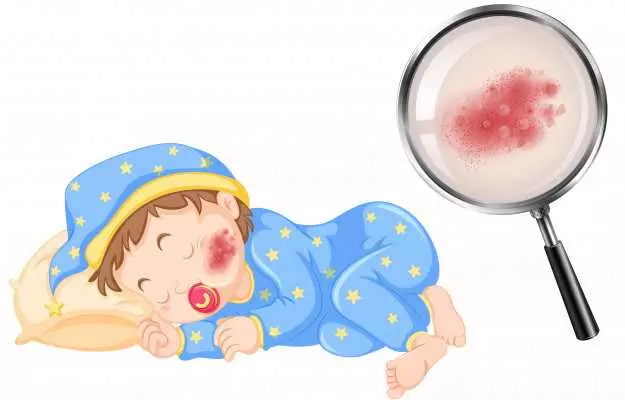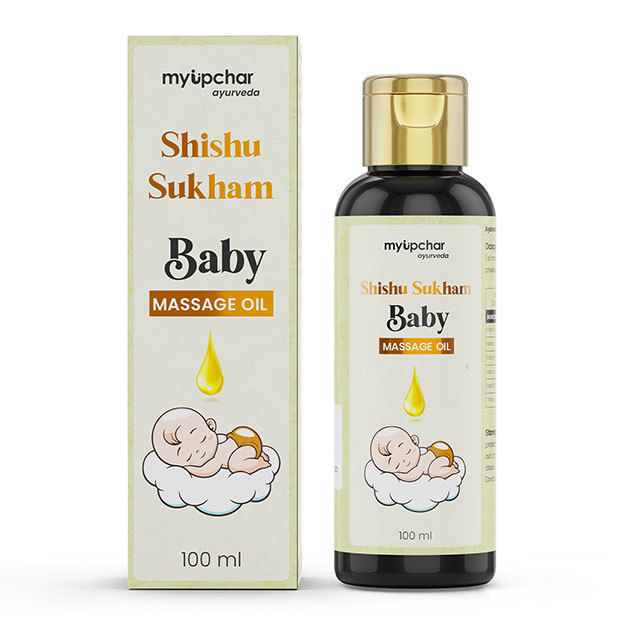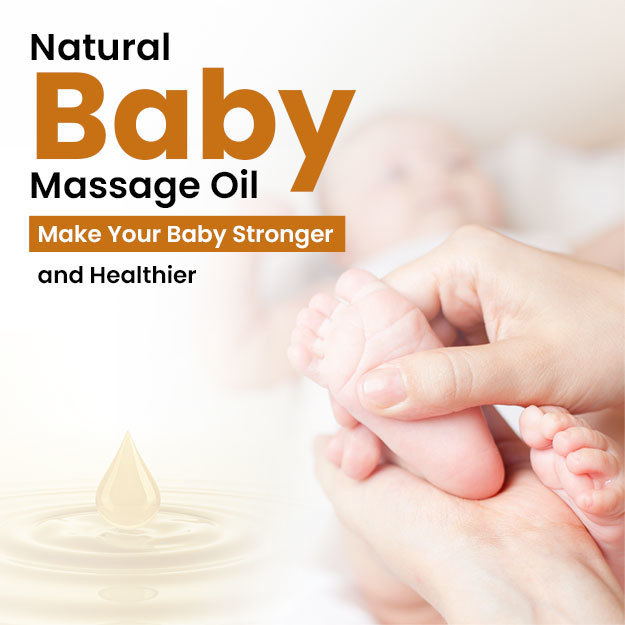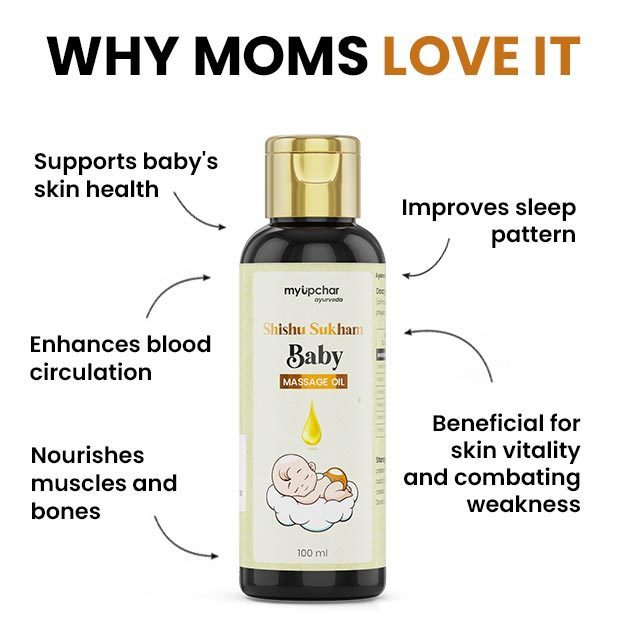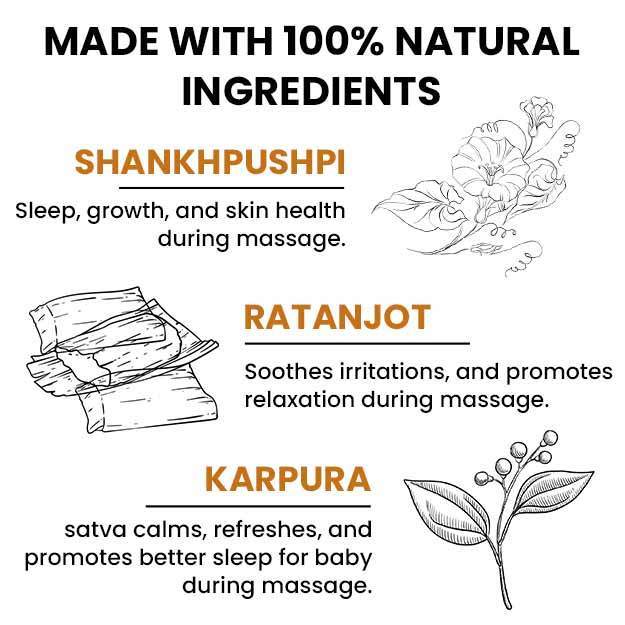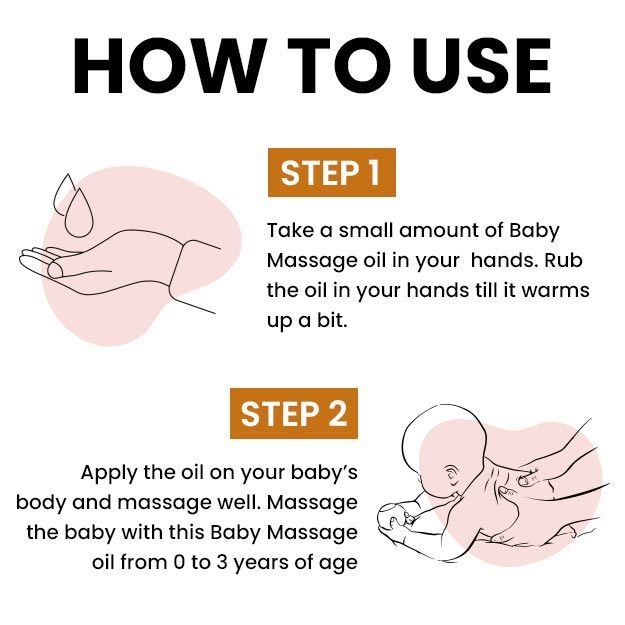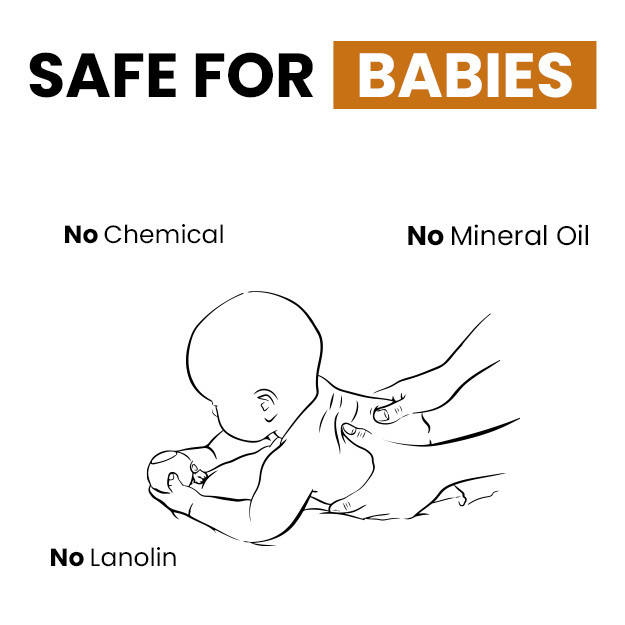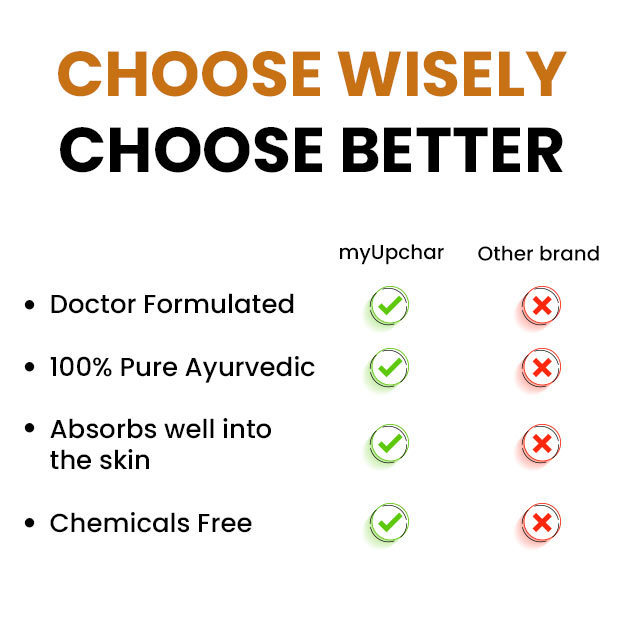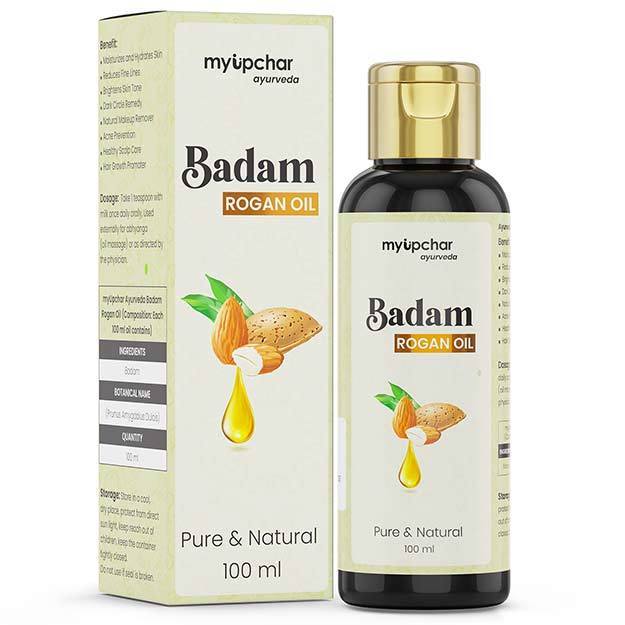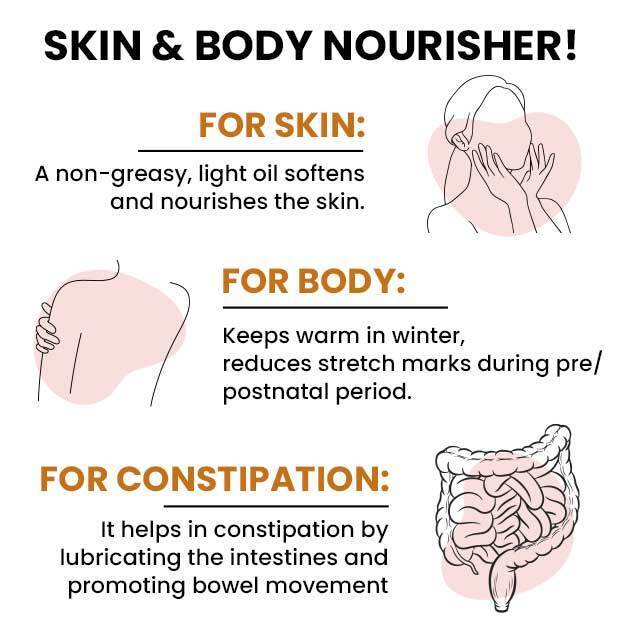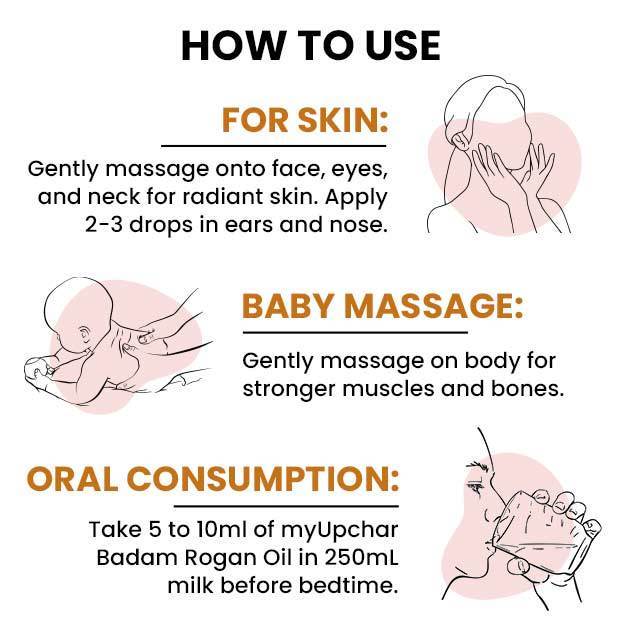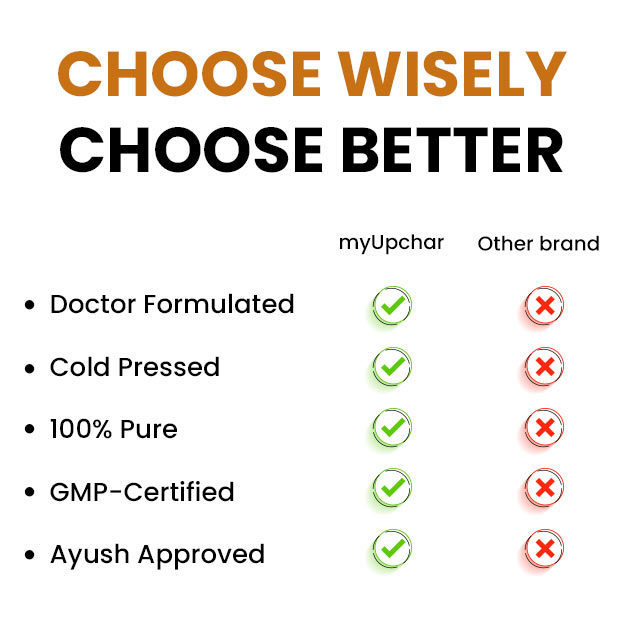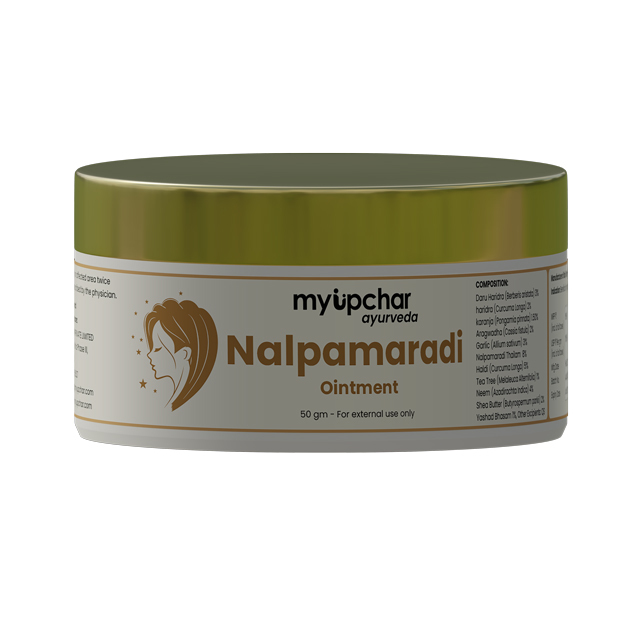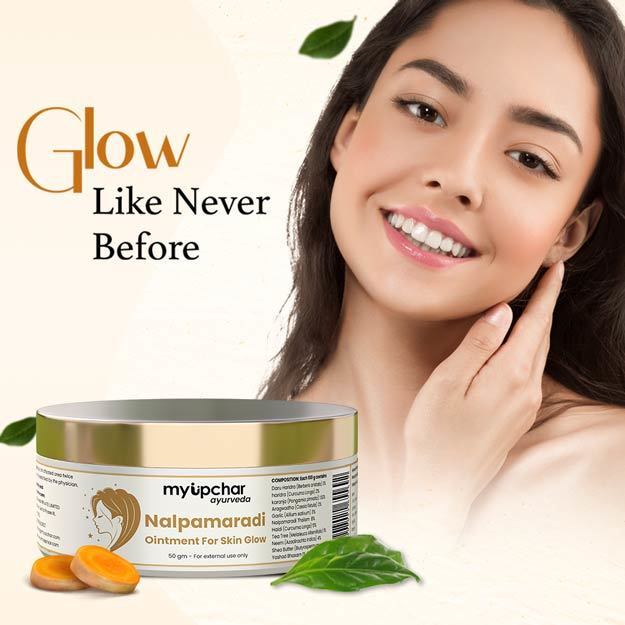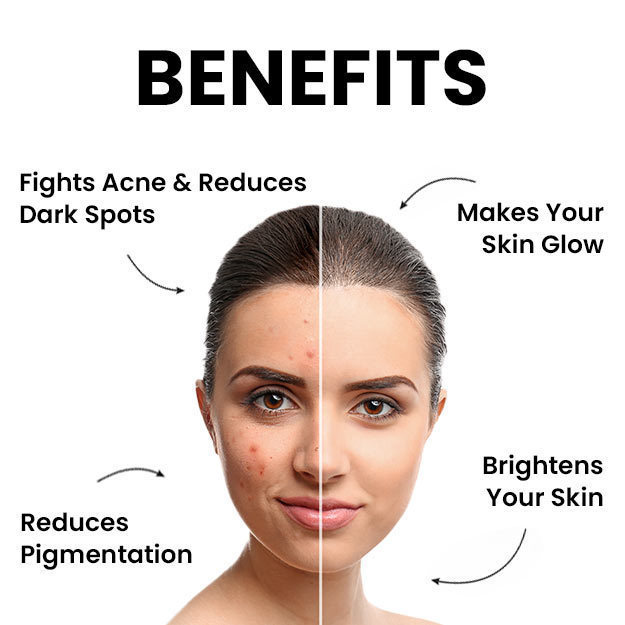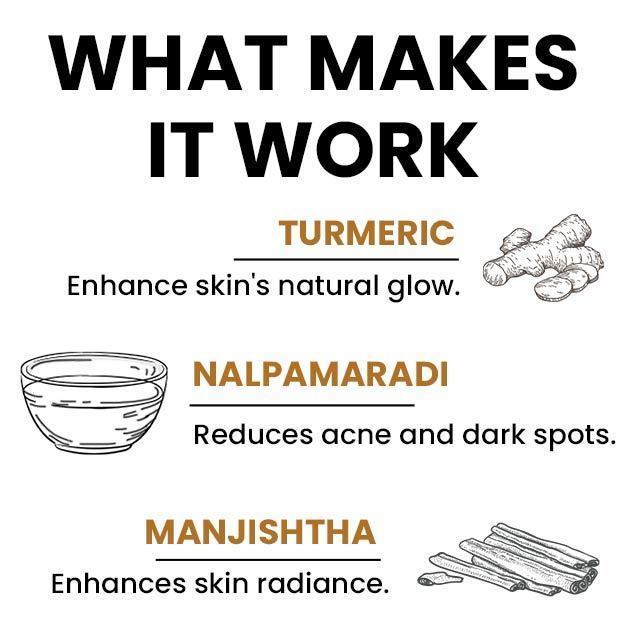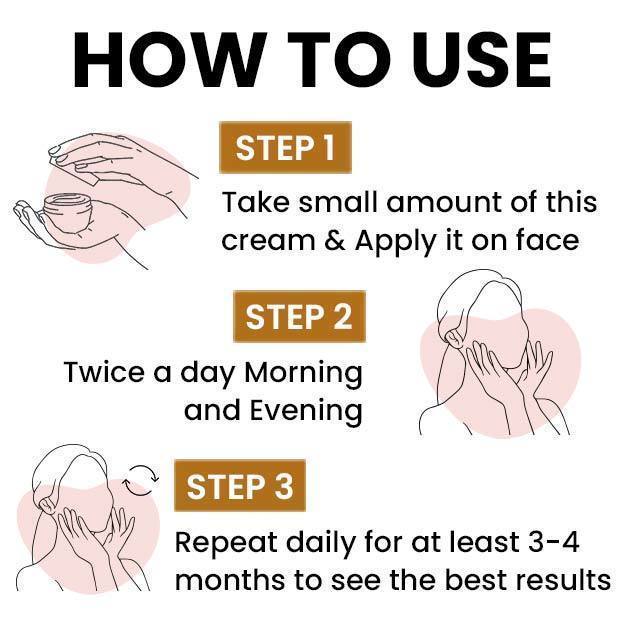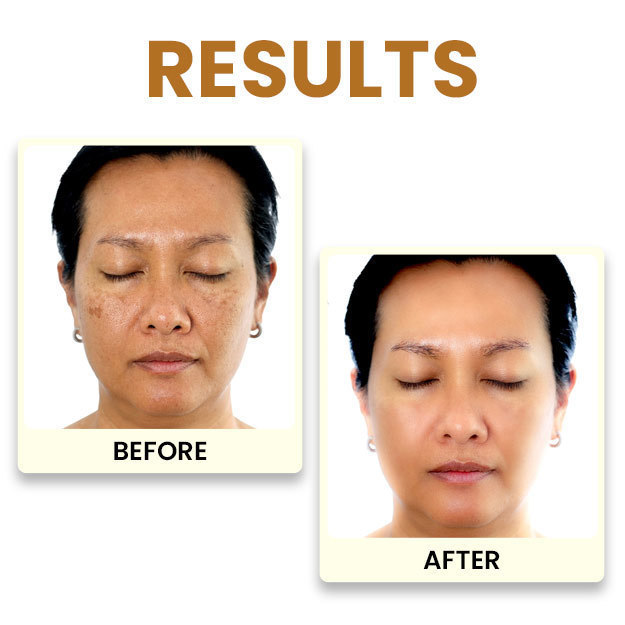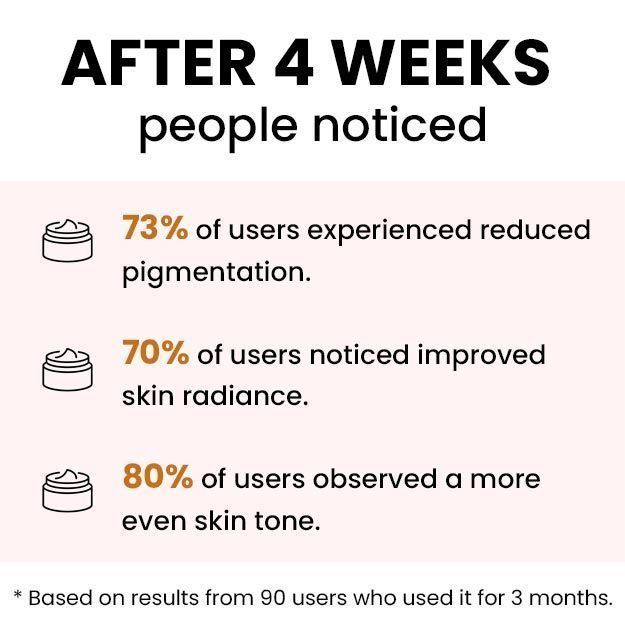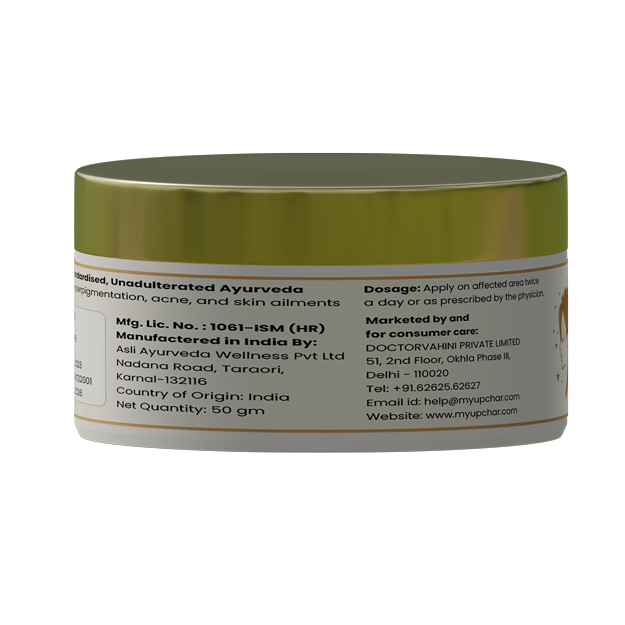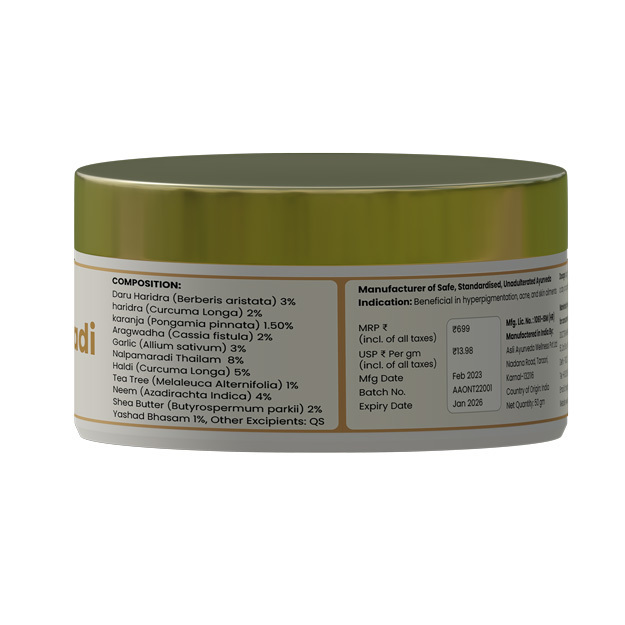Eczema is an umbrella term commonly used for many types of skin problems in which the skin of any part of the body starts itching, the skin becomes red and there is a burning sensation. Although eczema is of many types and it can happen to people of any age, eczema in newborns or small children is also called atopic dermatitis. This is also the most common form of eczema which starts in childhood and goes away on its own by adulthood.
The skin of a newborn baby is so soft and sensitive that they are at risk of getting rashes and many types of skin related problems. In such a situation, baby eczema is the most common skin problem among these. In this, rashes or spots like itching are formed on the skin, which also start itching. Baby eczema usually occurs in children aged 6 months to 5 years. According to a report of the American Academy of Pediatrics (AAP) in the year 2014, baby eczema affects about 10 percent of children in America. Talking about India, here too baby eczema affects about 5 to 15 percent of school children.
(Read more: Baby growth)
According to the American Academy of Dermatology, about 90 percent of people experience eczema at the age of less than 5 years, while children under 1 year of age have to face atopic dermatitis which is a type of eczema. It is also called baby eczema or infantile eczema. So what is the cause of eczema in babies, what are the symptoms and how can it be treated? We are telling you about this in this article.

